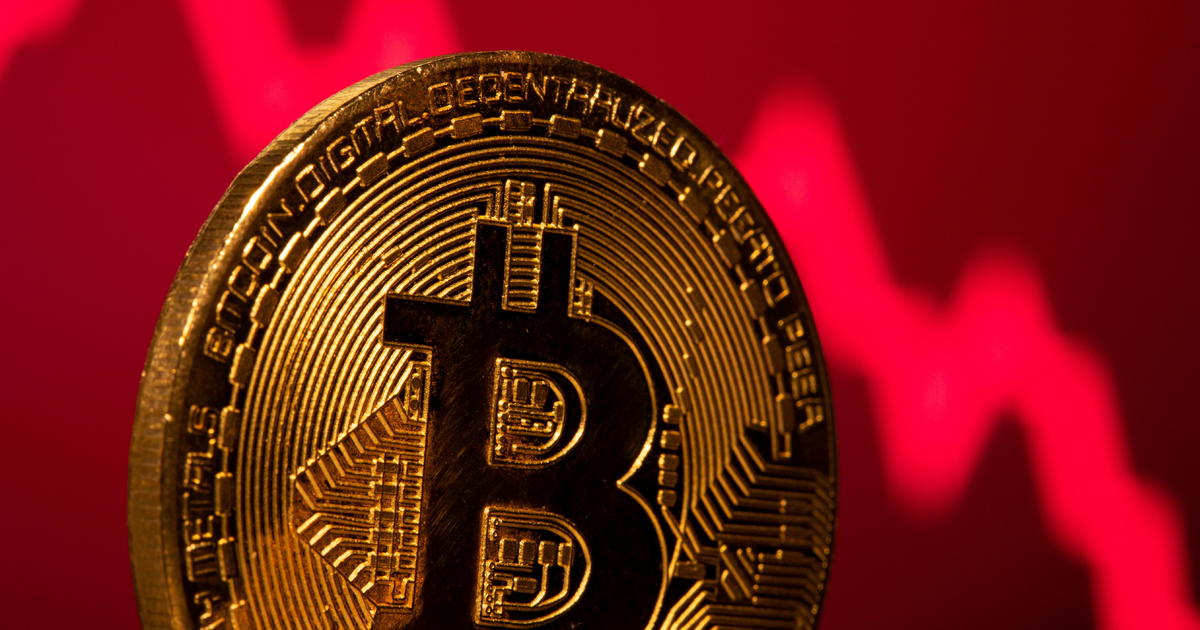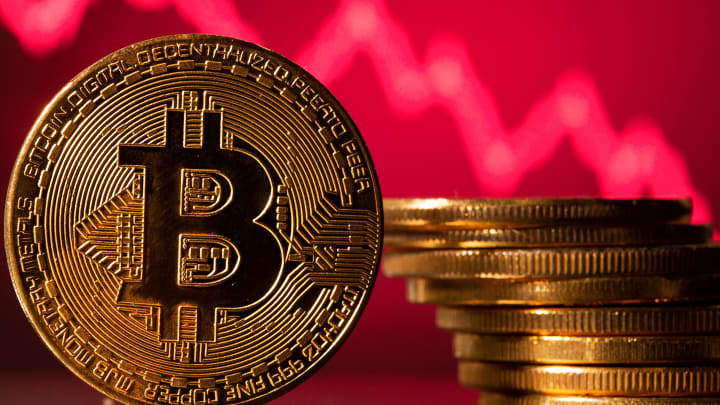Bitcoin And Other Cyber Currencies – What S The Back Story?

Bitcoin is currently a star in the financial markets. Hardly anything attracts as much attention from investors as the most well-known cryptocurrency. The value of cyber money has reached record highs, even though you can’t buy much with bitcoins.
Anyone who buys Bitcoin or other cyber currencies initially decides against classic cash in the form of coins and paper and against conventional money, such as that issued by central banks or private banks via accounts.
Free And Independent Money Through Digital Signatures
Banks and conventional payment transactions are no longer needed to exchange bitcoins. Rather, the exchange takes place directly on the Internet via an electronic purse, the so-called wallet. Every single Bitcoin has a digital signature that must be recognized and registered with every transaction, otherwise, the exchange would be insecure and would not work. The whole thing is completely anonymous and escapes any state control.
Bitcoin, The “New Gold” For Many Investors
Bitcoins are therefore also suitable for criminal transactions such as drug and arms dealing or money laundering. Much of this takes place on the dark web, a hard-to-reach part of the internet. Blackmailers now also often demand their ransom in cyber money. In the serious form, investors use Bitcoin for an investment comparable to gold. And many hope or speculate on an increase in value. As with gold, capital gains are tax-free after a one-year holding period.
The comparison with gold is obvious because the amount of Bitcoin is also limited and it is becoming increasingly difficult to “mine” additional coins digitally. Just as it takes more and more effort in nature to exhaust the last gold reserves, Bitcoin has a programmed upper limit. This is stored in a cryptographic tool, the so-called blockchain. That is why one also speaks of crypto money or cryptocurrency, from the Greek “crypto”, which means “concealed, hidden” – or in the case of Bitcoin – encrypted
How Does The Encrypted Blockchain Work?
A blockchain is a publicly accessible database that Bitcoin uses to manage monetary transactions. Blockchain is also used to create cyber money. Anyone can try mining Bitcoin themselves and opening a private “gold mine”. But the effort, which was comparatively low at the beginning of the production process, is now huge.
The term “chain” means that all transactions, including those of manufacture, are added one after the other in chronological order. This increases the technical effort because each new bitcoin must always refer to all others that have already been produced, and the production formula is getting longer and bigger.

Bitcoin Production Becoming Harmful For The Climate
With the first bitcoins, the necessary arithmetic tasks could be solved by private individuals with the appropriate specialist knowledge on their personal computers at home. This now requires gigantic data centres with networked supercomputers, which also consume enormous amounts of electricity. The electricity for this is often obtained from fossil fuels such as coal. With Bitcoin production, the consumption of climate-damaging carbon dioxide also increases.
The Other Cyber Currencies
Bitcoin is far from alone. With Ethereum, Ripple or IOTA, other cyber currencies are now also on the market. There are now more than a thousand digital currencies. And new ones are being added all the time, most recently Dogecoin. Many have similarities with Bitcoin, but there are significant differences in programming, which is not as complex for some.
Not all have a blockchain as complicated as bitcoin. Some cyber currencies are issued with simpler digital signatures and are probably primarily used to make their inventors rich. There have also been cases of fraud where smaller cyber currencies were suddenly no longer tradable.
Buying, Holding And Selling Risks
The greatest danger when buying and selling cryptocurrency are dubious trading places and exchanges on the Internet. There are even online casinos where cyber currencies serve as play money.
When storing it in a private wallet (electronic wallet), you must not forget the password, otherwise, you will no longer have access to the digital gold. In addition, the storage medium, the computer hard drive or the data stick, must not be lost or accidentally deleted. Because then the bitcoins are gone. You can also store Bitcoin files with a provider on the Internet, then access via software and also with a smartphone is possible. Of course, the same applies here: If the access password is lost, the Bitcoin credit is also lost. Many bitcoins have already been lost due to storage errors.
Price Fluctuations And Impending Crash
A look at the course shows it: There are significant price fluctuations in bitcoins. With other, less well-known cyber currencies, they are often even more extreme. High losses, which can occur suddenly and unexpectedly, must therefore be expected at any time. And no one guarantees that bitcoins will still have real value in ten years, for example. They are not a legally regulated means of payment. On the other hand, they could become an accepted means of payment in some places. Tesla also wants to accept Bitcoins to pay for its e-cars shortly.
However, Microsoft gave up the first attempt with bitcoins because the price fluctuations were too strong. For some companies, the high purchasing power that is available to Bitcoin owners after the enormous price increases is tempting. But: It can be lost again just as quickly as it was created.
Conclusion
Crypto currencies are currently still highly speculative
The fact that they are not regulated by the state makes cryptocurrencies attractive as an independent store of value with a high degree of anonymity – but this is also a major disadvantage. Unlike gold, for example, Bitcoin, meme coins price or other coins are not “established” as stores of monetary value in a classic way to be trusted with our previous generations. In addition, the smell of dubiousness still clings to the digital gold, because criminals like to use this tool.
The major central banks are working flat out on their digital offerings. These should soon be available as official cryptocurrencies. On one hand, they would probably not be as independent of state laws as private cryptos, but on the other hand, they would also be less dubious.





